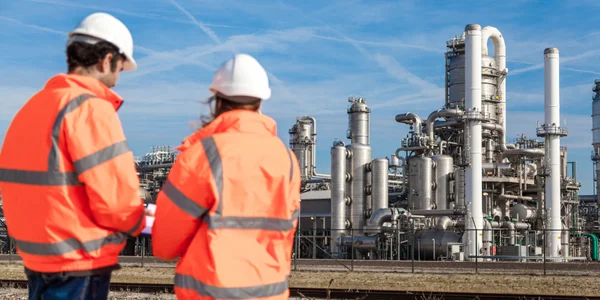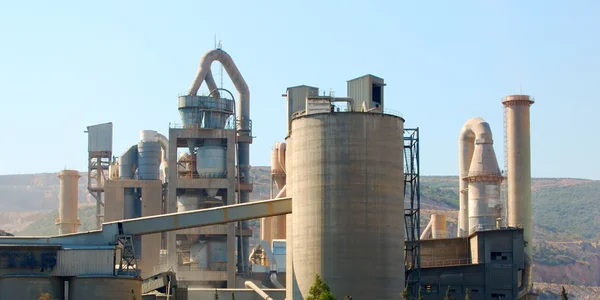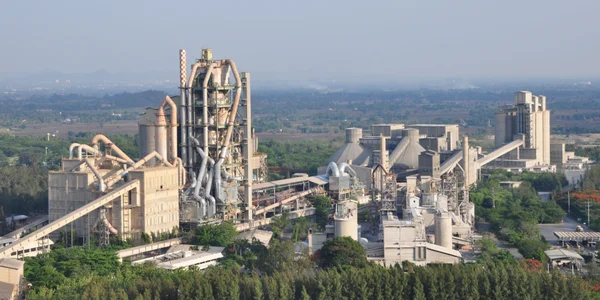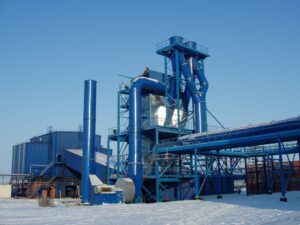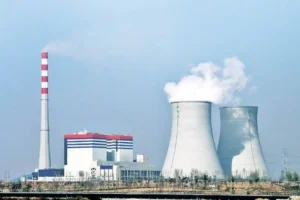Uffici
SEDE CENTRALE

Germania
-
Filtro intensivo Himenviro Technologies GmbH
Neustraße 45 - 49, 42553, Velbert, Germania/Germania - +49 20534200990
UFFICIO REGIONALE

Gran Bretagna
-
Filtro intensivo Himenviro UK Limited
47, Bath Street WS13BX, Wallsall West Midlands, Gran Bretagna - +44 1922 628893
UFFICIO REGIONALE

Emirati Arabi Uniti
-
Filtro intensivo Himenviro Technologies FZE – LLC
Centro commerciale, Sharjah Publishing City Free Zone, Sharjah, Emirati Arabi Uniti - +971-556074697
UFFICIO REGIONALE

India
-
Filtro intensivo Himenviro Private Limited
D-247/11, Settore-63, Noida - 201301, Uttar Pradesh, India - +91-120-4642-500
UFFICIO REGIONALE

India
-
Filtro intensivo Himenviro Private Limited
D-247/11, Settore-63, Noida - 201301, Uttar Pradesh, India - +91-120-4642-500
UFFICIO REGIONALE

India
-
Filtro intensivo Himenviro Private Limited
D-247/11, Settore-63, Noida - 201301, Uttar Pradesh, India - +91-120-4642-500
Steel & Metal Air and Dust Filtration Solutions
The steel and metal industries generate intense levels of airborne pollutants, including fine dust, metal particles, and fumes, which, if uncontrolled, can lead to environmental contamination, health risks for workers, and equipment damage. Our air and dust filtration systems are tailored to handle these high-demand environments, capturing emissions from melting, smelting, casting, and finishing processes. Engineered to withstand high temperatures and particulate loads, our solutions improve air quality, enhance regulatory compliance, and protect workforce well-being, ensuring a cleaner, safer production environment.
Dust Filtration Process in the Steel & Metal Industry
Il forno ad arco elettrico viene utilizzato per la produzione di acciai da costruzione, acciai di alta qualità e acciai inossidabiliInoltre, viene utilizzato per la fabbricazione di carburi e cristalli sintetici.
Gli impianti di rimozione della polvere per forni ad arco elettrico estraggono e puliscono completamente i gas di scarico primari del forno ad arco, nonché eventuali gas di scarico secondari prodotti durante la fusione, lo scolo o durante il caricamento e la deslag. I gas di scarico che si formano nel forno a vasca, durante la movimentazione dei materiali e in altri impianti collegati vengono estratti e trattati.

Filtro per cappa da tetto
Filtro per EAF
- 1. Cofano del tetto
- 2. Filtro per cappa da tetto
- 3. Ventilatore
- 4. Camino
- 5. Forno ad arco elettrico
- 6. Tubi raffreddati ad acqua
- 7. Scambiatore di calore
- 8. Filtro per EAF
- 9. Ventilatore
- 10. Convertitore
Specifiche richieste
Titolo filtro PJM
Titolo filtro PJM
Applications for Steel & Metal Dust Control
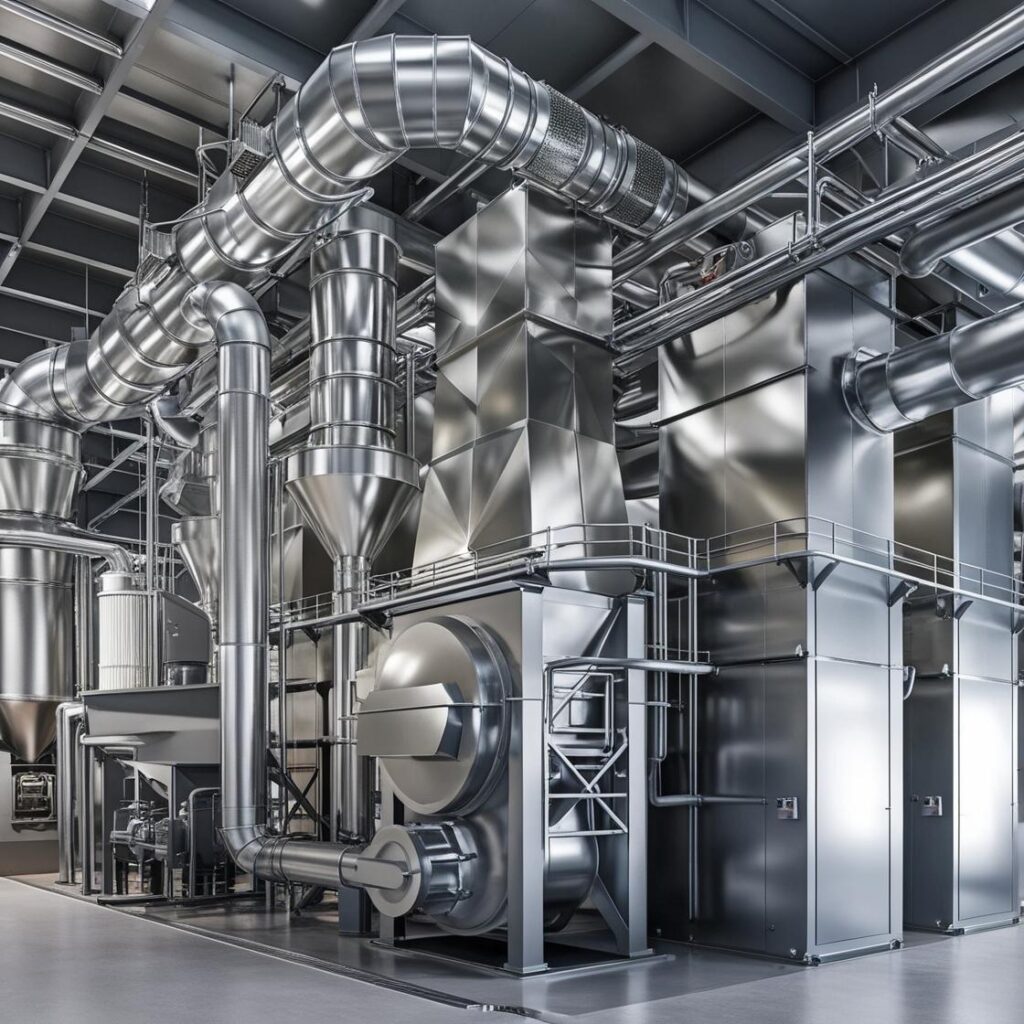
Controls dust and fumes released during smelting and melting, capturing hazardous particles generated in high-temperature furnaces.
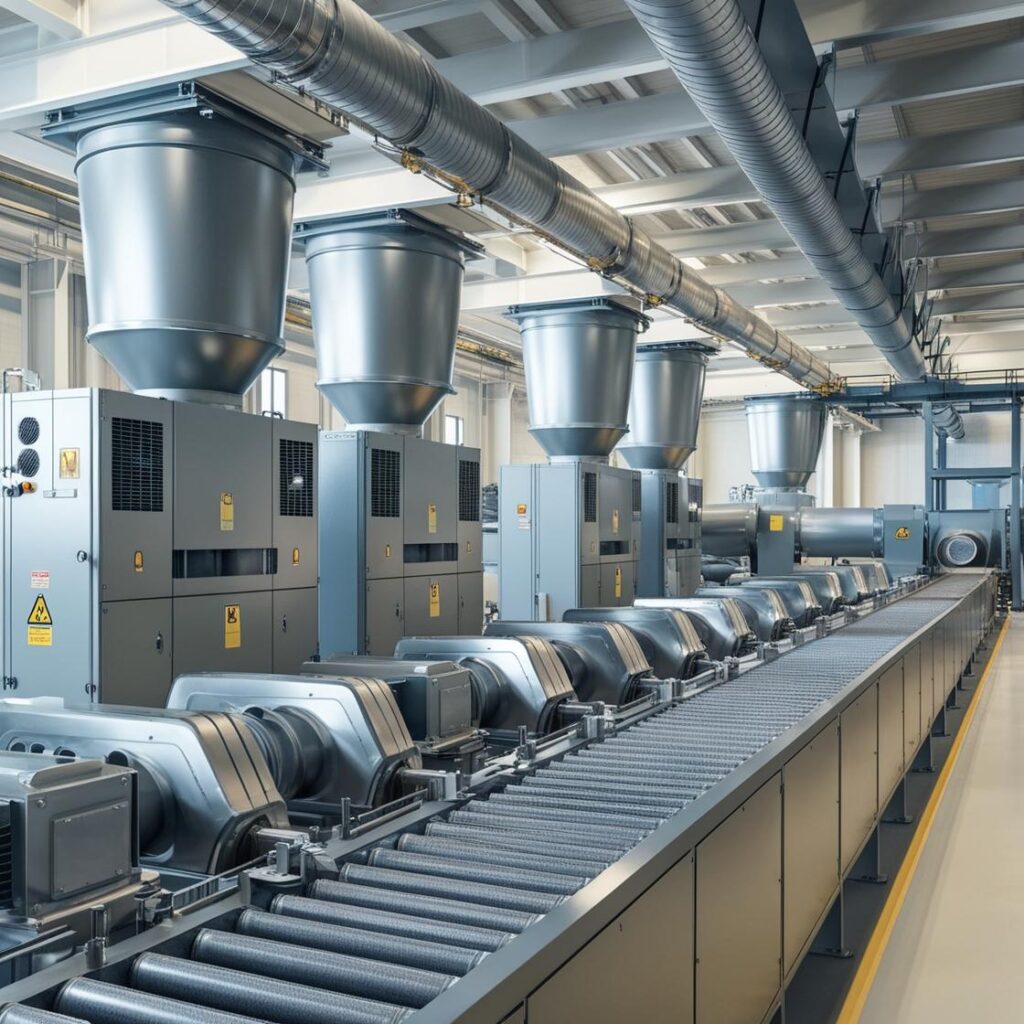
Reduces emissions from casting operations, capturing airborne particulates and metal fumes that can impact air quality.

Removes fine dust and metal shavings produced during grinding and polishing, preventing contaminants from affecting product quality and worker safety.
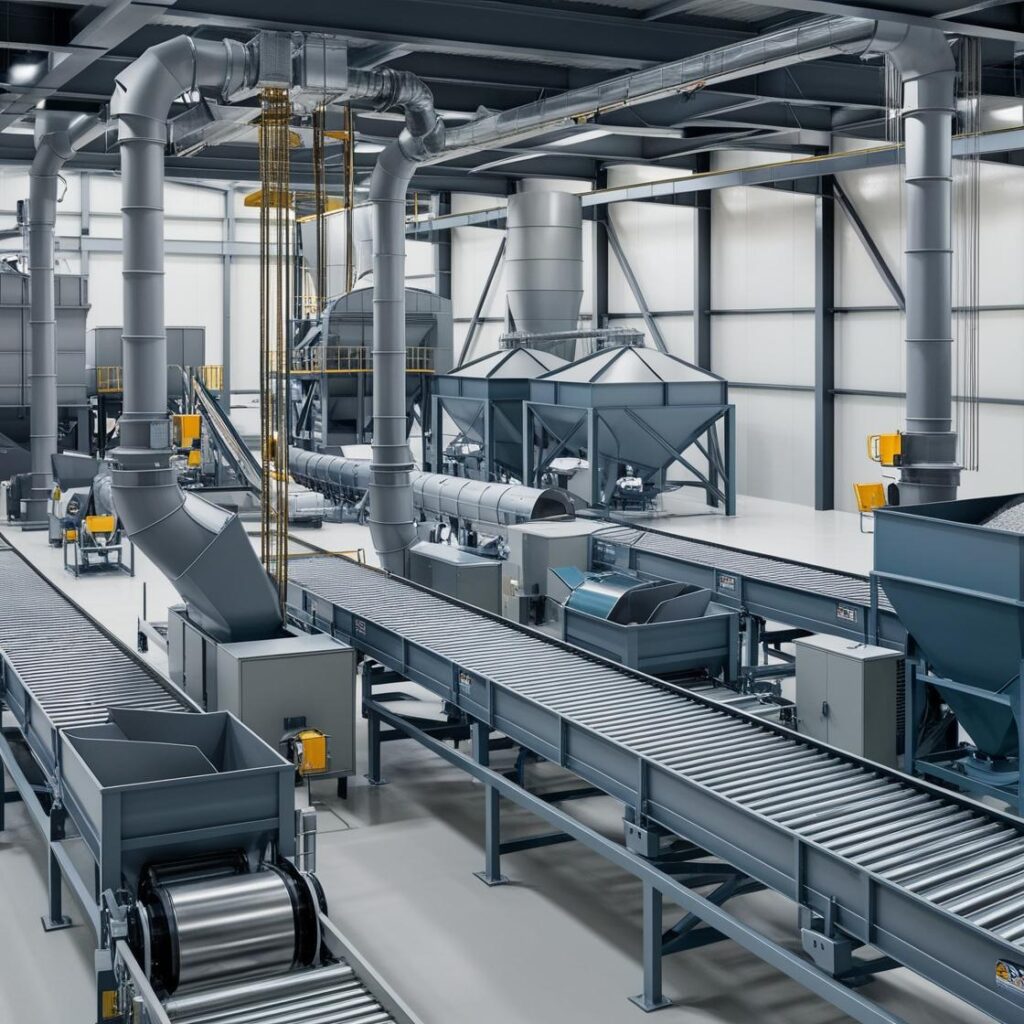
Controls dust generated during material handling, transport, and storage, minimizing particle release into the work environment.
Contattaci per una consulenza esperta
Scopri gli altri nostri servizi!
Domande frequenti
In steel and metal processing, common filtration systems include baghouse filters, electrostatic precipitators (ESPs), wet scrubbers, and cyclone separators. Baghouse filters use fabric bags to capture dust particles, while ESPs use electrical charges to remove particulates from exhaust gases. Wet scrubbers remove pollutants by introducing a scrubbing liquid, and cyclone separators use centrifugal force to separate dust from gas streams. The choice of system depends on factors such as particle size, gas temperature, and specific process requirements.
Filtration systems enhance air quality by effectively capturing and removing particulate matter and pollutants generated during metal processing. By reducing emissions, these systems help facilities comply with environmental regulations and standards, thereby minimizing their environmental impact and promoting a safer workplace.
ESPs offer high efficiency in removing fine particles, achieving up to 99% efficiency, which is particularly beneficial in steel manufacturing where flue gas emissions often contain fine dust particles. They are capable of handling large gas volumes and operate effectively at high temperatures. Additionally, ESPs have relatively low pressure drops, resulting in lower energy consumption during operation.

